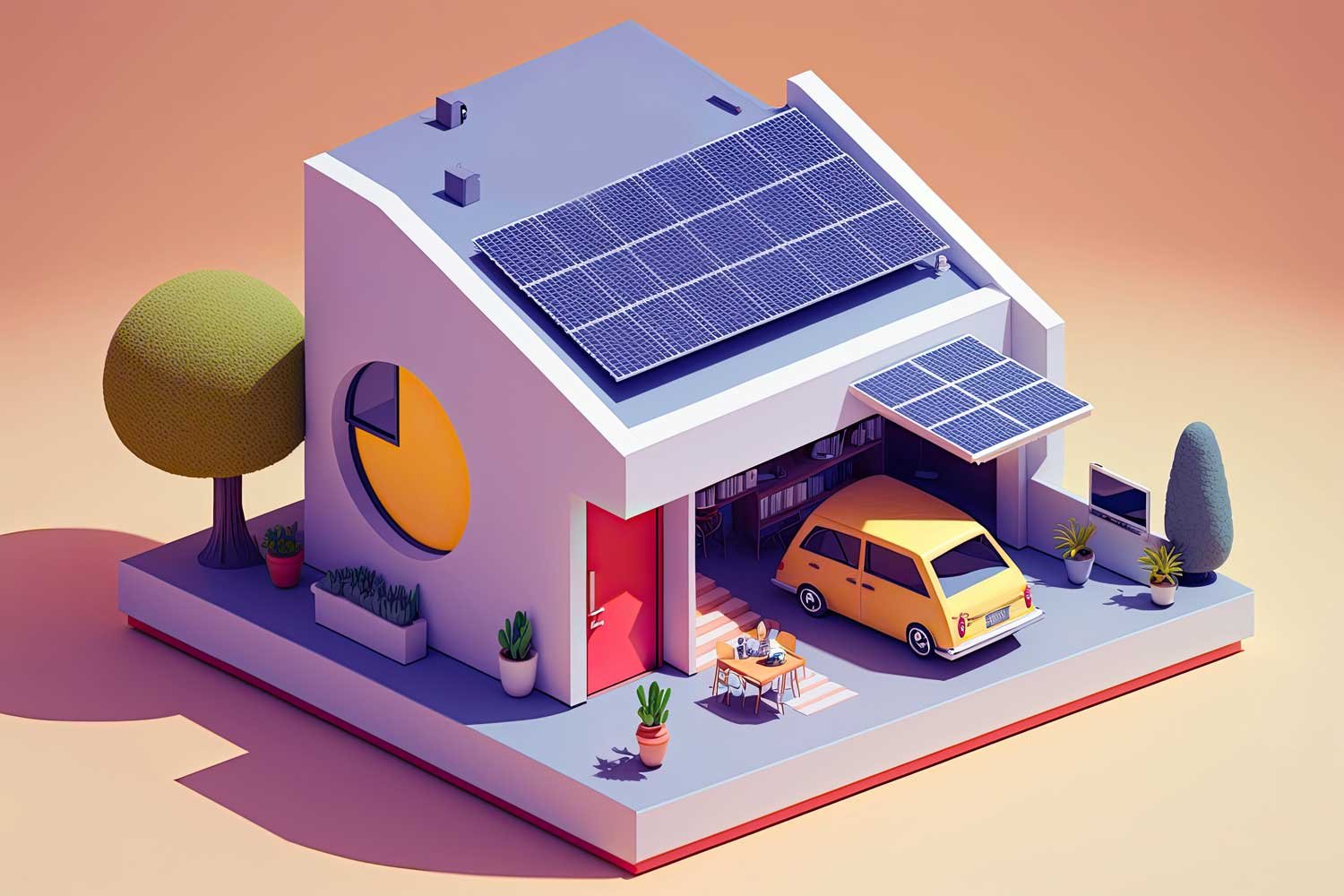To Solar, or not to solar? That is the question.
6 key factors to consider and how they can impact you.
I’d put my money on the sun and solar energy. I hope we don’t have to wait till oil and coal run out before we tackle that.
-Thomas Edison
Deciding if solar is right for you involves considering several factors, including your location, available incentives, net metering, budget, energy needs, and future planning. Let’s explore some of the key factors you should consider when deciding if solar is right for you.
Location:
First things first… Where do you live? Your location plays a significant role in determining if solar is right for you. The amount of sunlight your property receives, the angle of your roof, and the shading on your property can all affect the performance of your solar panels. If you live in an area with little sunlight or a lot of shading, solar may not be the best option for you.
Available Rebates and Incentives:
Next up question to ask: Can the government or your utility provider (or both) help you pay for it? Federal, state, and regional incentives can make solar more affordable and accessible. The federal government offers a tax credit of up to 26% of the total cost of your solar installation. Many states and counties also offer additional incentives, such as rebates or performance-based incentives, to encourage homeowners to invest in solar. You will have to check into your location-based incentives to see if there is any money that can help you pay for this upgrade.
Net Metering:
Like a rebate, Net Metering puts money back into your pocket. It is utility specific, so check with your utility company to see if net metering is a possibility.
Budget:
Installing solar panels can be expensive, so it's important to consider your budget (and check for rebates and incentives) before making a decision. The cost of solar panels varies depending on several factors, including the size of your system, the quality of the equipment, and the complexity of the installation. While solar can be expensive upfront, it can save you money in the long run by reducing your energy bills.
Energy Needs:
Before investing in solar, it's essential to evaluate your energy needs. This includes understanding your current energy usage and identifying potential areas for energy conservation. You can use your Sustaio account to see what your month-over-month energy usage is and determine how much energy you need to generate with solar to meet your needs.
Planning for the future:
It's important to consider your future plans before investing in solar. If you plan on moving in the near future, it may not make financial sense to install solar. However, if you plan on staying in your home for a long time, solar is a great investment as it is likely to increase your property value.
💌 BONUS:
Still unsure of where to start? No problem.
We found the top 3 solar providers by state for you in our Solar Database. Get access in the form below. After downloading, simply find your state to see a listing of companies that received the highest recognition for top-notch installation and/or service.


